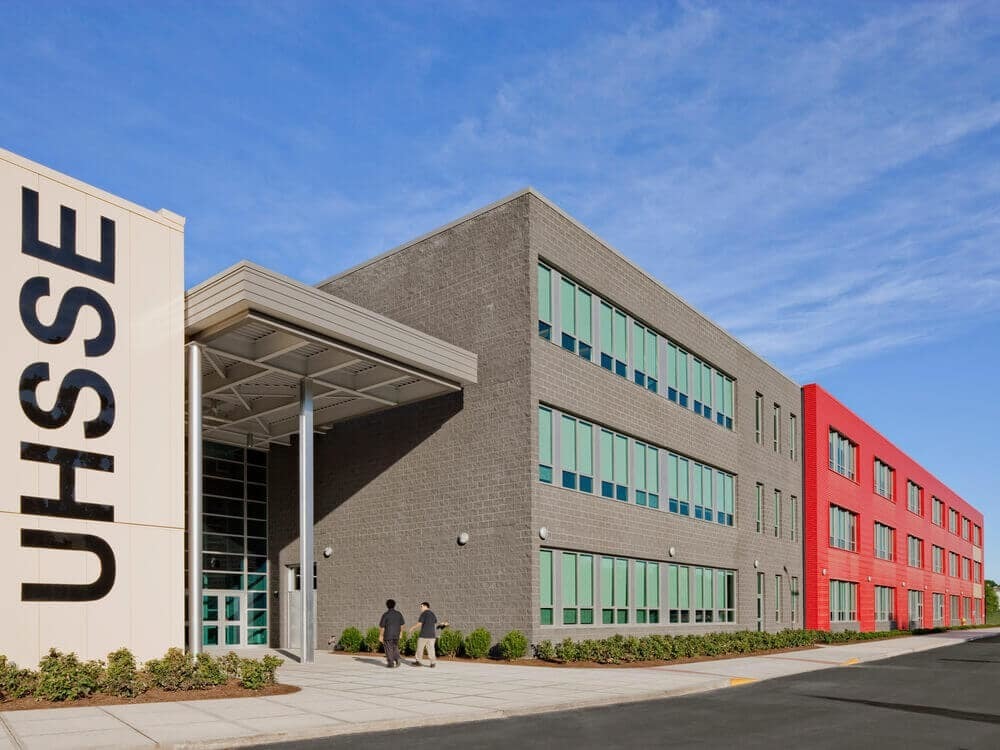Montessori education is far from a free-for-all. In fact, it offers a structured and purposeful learning environment where students have the freedom to choose their own work. This approach allows them to develop essential life skills and take ownership of their education.
One of the unique aspects of Montessori is the emphasis on practical life skills. Students are encouraged to engage in activities that promote independence and responsibility, such as helping with chores at home or taking initiative to go outside and explore without being prompted. These experiences not only foster self-sufficiency but also teach valuable lessons about collaboration, problem-solving, and time management.
In a Montessori classroom, the materials are carefully designed to support the learning process. They are specifically chosen to be engaging and hands-on, allowing students to explore concepts at their own pace. This approach promotes active learning and helps students develop a deeper understanding of the subjects they are studying.
When it comes to homework, Montessori takes a different approach. Rather than traditional assignments, Montessori educators encourage students to apply their learning in real-life situations. This can include tasks like helping parents with household chores, volunteering in the community, or pursuing personal interests outside of school. By incorporating these activities, Montessori promotes a holistic approach to education that extends beyond the classroom.
Overall, Montessori education offers a unique and effective way for students to develop life skills, take ownership of their learning, and engage in meaningful activities that go beyond traditional homework. It’s an approach that empowers students and prepares them for success in both academic and personal endeavors.















